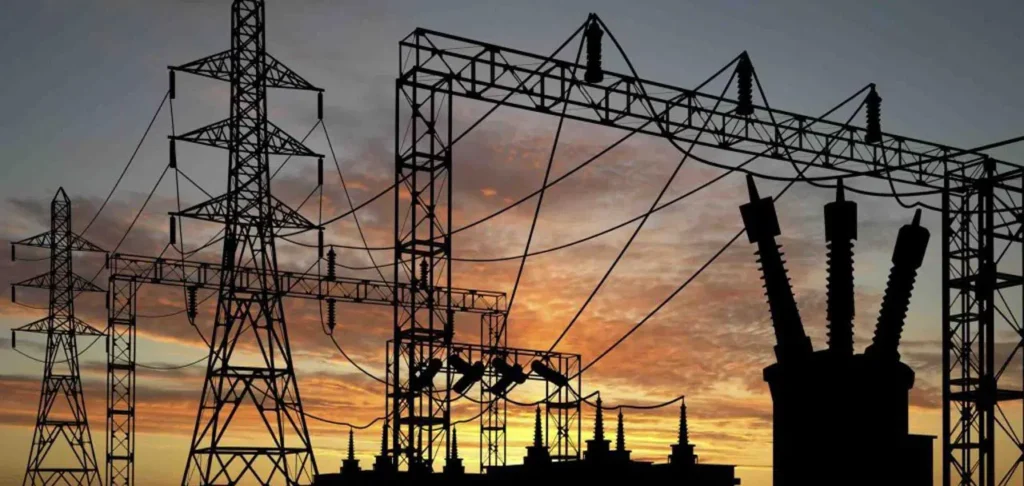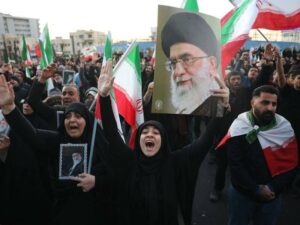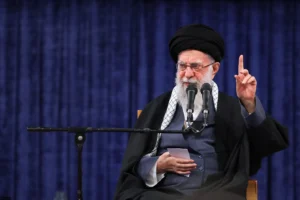The Federal Government says it is confident that Nigeria can boost its electricity supply to 8,000 megawatts within the next 12 to 18 months. This goal is expected to be achieved through better management of the national power grid by the Nigerian Independent System Operator (NISO).
During a leadership retreat in Abuja to welcome top management of NISO, the Director General of the Bureau of Public Enterprises (BPE), Mr. Ayodeji Gbeleyi, explained the current challenges. He said that even though Nigeria has the ability to generate over 14,000 megawatts of electricity, the country currently produces only about 5,500 megawatts daily.
Gbeleyi added that with better grid operations and more money invested in improving the power transmission and distribution systems, the electricity sector will see big improvements in the near future.
To support this plan, Gbeleyi announced that the Federal Government has secured a $500 million loan from the World Bank. The money will be used to upgrade the power distribution system. As part of the project, 3.2 million electricity meters will be installed across the country. Another 2 to 3 million meters will also be provided through a different program backed by the President.
“As an independent entity, NISO now carries the critical responsibility of managing the national grid with impartiality and integrity. It must ensure non-discriminatory access, efficient dispatch coordination, and fair market settlements—free from undue influence or conflicts of interest.
“Currently, about 5,500MW of power is being wheeled daily, compared to a nameplate generation capacity of over 14,000MW. With the right investments and enhanced grid resilience, it is realistic to project a 50% increase in supply within 12 to 18 months,” he said.
Dr. Adesegun Akin-Olugbade, Chairman of the NISO Board, said it is a major step forward that NISO is now independent after being separated from the Transmission Company of Nigeria (TCN). He said this new structure will help improve efficiency.
“NISO is not just a new institution; it represents a new approach—an independent system operator, a neutral market coordinator, and a strategic planning authority. Our responsibilities span real-time grid operations, long-term system planning, and the development of the electricity market. These are not peripheral tasks—they are core to national stability. When power fails, everything else suffers: industry, healthcare, education, even security,” he said.
Also speaking, the Managing Director and CEO of NISO, Engr. Abdu Bello, agreed that reaching the 8,000 megawatt target within 18 months is possible. He believes the plans and strategies in place will make it happen.
This move is part of the Federal Government’s broader efforts to solve Nigeria’s long-standing power issues and deliver more stable electricity to homes and b
“We must stay focused, get our internal structures right, and attract private sector investment. This retreat is part of the strategic planning process. With a clear direction and commitment, the goal is within reach,” Bello stated.







